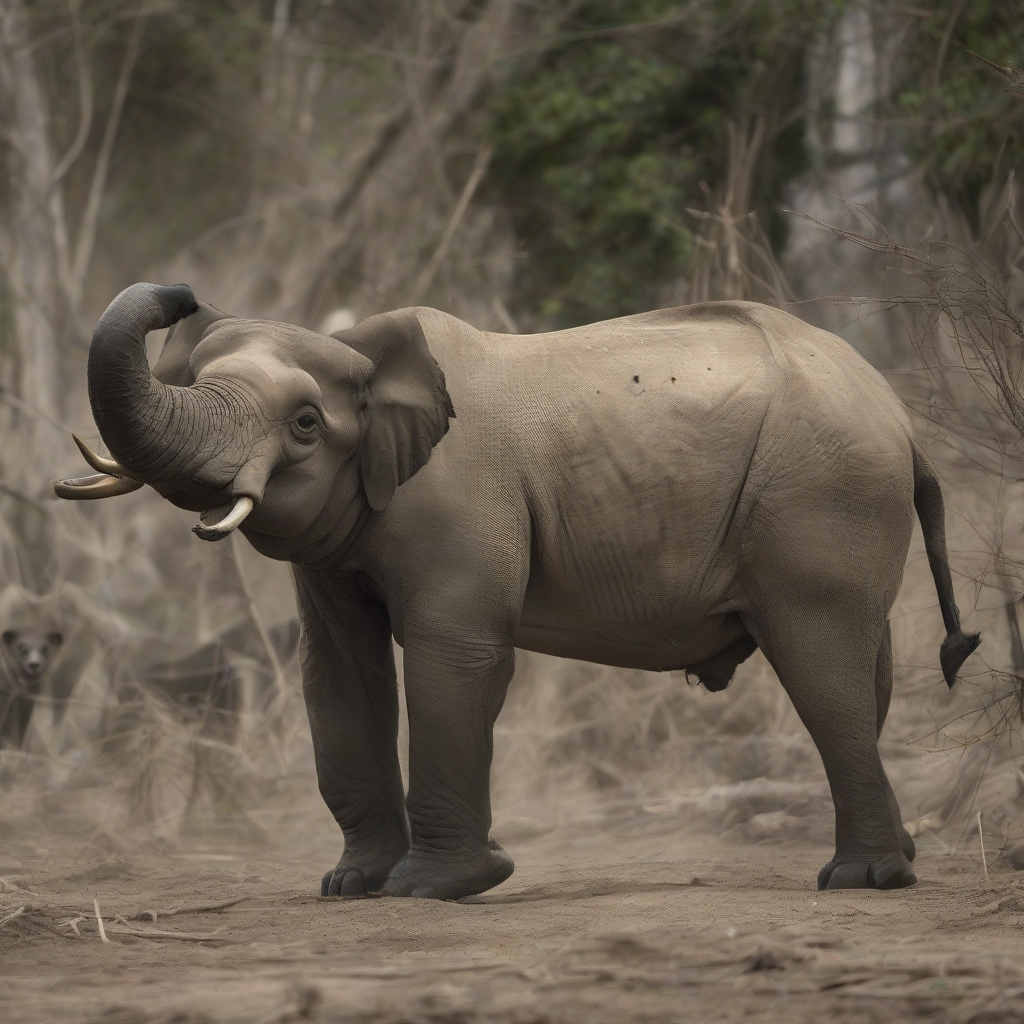
World Wildlife Fund Donations: Impact, Transparency, and How You Can Help
The World Wildlife Fund (WWF), one of the world’s largest and most recognizable conservation organizations, relies heavily on donations to fund its crucial work protecting endangered species and preserving natural habitats. Understanding where your donations go, the impact they have, and the transparency surrounding WWF’s finances is vital for potential donors. This comprehensive guide delves into the various aspects of WWF donations, aiming to provide a clear and informative overview.
How WWF Uses Donations
WWF’s global mission encompasses a wide range of conservation efforts, all requiring significant financial resources. Donations are channeled into several key areas:
- Conservation Projects on the Ground: A substantial portion of donations directly supports on-the-ground conservation projects worldwide. This includes habitat restoration, anti-poaching initiatives, community engagement programs, and research efforts focusing on specific endangered species and ecosystems.
- Species Protection: WWF dedicates significant resources to protecting iconic species like tigers, elephants, pandas, and polar bears, through targeted conservation programs that address threats such as habitat loss, poaching, and climate change.
- Combating Climate Change: Recognizing the profound impact of climate change on biodiversity, WWF invests in projects aimed at mitigating climate change and building resilience within ecosystems and communities vulnerable to its effects.
- Advocacy and Policy Change: WWF actively engages in advocacy efforts at local, national, and international levels, advocating for policies that protect wildlife and their habitats. Donations help fund lobbying efforts, policy research, and public awareness campaigns.
- Education and Awareness: Raising public awareness about conservation issues is a critical component of WWF’s work. Donations support educational programs, public outreach initiatives, and the creation of educational resources.
- Research and Science: WWF’s conservation efforts are guided by scientific research. Donations support vital research projects that inform conservation strategies and provide critical data on the status of endangered species and ecosystems.
- Sustainable Development Initiatives: Recognizing the interconnectedness of human well-being and environmental health, WWF supports sustainable development projects that benefit both people and nature. This often involves working with local communities to promote sustainable practices.
Transparency and Accountability
The transparency of a charitable organization is paramount. WWF publishes annual reports detailing its financial performance, program activities, and impact. These reports offer insights into how donations are used, the organization’s financial health, and the effectiveness of its conservation efforts. Independent audits ensure the accuracy and reliability of the financial information presented.
Donors can access these reports and other transparency-related information on WWF’s official website. This information should include details on fundraising costs, program expenses, administrative overhead, and the geographic distribution of funds. Examining this information allows donors to assess the efficiency and effectiveness of the organization’s use of donations.
- Financial Statements: Detailed financial statements, including balance sheets, income statements, and statements of cash flow, provide a comprehensive overview of WWF’s financial position.
- Program Reports: Regular program reports offer specific details on the progress of various conservation projects, including measurable outcomes and impact assessments.
- Impact Assessments: WWF should conduct regular impact assessments to evaluate the effectiveness of its programs and demonstrate the return on investment for donations.
- Independent Audits: Independent audits provide an external verification of the accuracy and reliability of WWF’s financial statements.
- Donor Information: WWF should provide clear and accessible information to donors regarding the use of their donations and the organization’s overall financial performance.
Types of Donations
WWF offers various ways to donate, allowing individuals to choose the method that best suits their preferences and financial capabilities:
- One-time Donations: These are single donations of any amount, providing immediate support for WWF’s work.
- Recurring Donations (Monthly or Annual): Recurring donations provide consistent and predictable funding, enabling WWF to plan long-term conservation strategies.
- Designated Donations: Donors can designate their contributions towards specific projects or programs that align with their interests.
- Matching Gifts: Many employers offer matching gift programs, doubling the impact of employee donations.
- In-Kind Donations: Donations of goods or services, such as equipment or expertise, can also support WWF’s work.
- Planned Giving: Planned giving options, such as bequests or charitable trusts, allow individuals to leave a lasting legacy for conservation through their estate planning.
Impact of Donations
The impact of WWF donations is far-reaching and multifaceted. While quantifying the exact impact of individual donations is challenging, the cumulative effect of collective giving is undeniable. WWF’s work has contributed to:
- Increased populations of endangered species: Through successful conservation programs, WWF has contributed to the growth of populations for several threatened species.
- Habitat protection and restoration: Millions of hectares of vital habitats have been protected or restored through WWF’s efforts.
- Reduced poaching and illegal wildlife trade: WWF’s anti-poaching initiatives and advocacy efforts have helped reduce the illegal trade in wildlife.
- Improved environmental policies: WWF’s advocacy work has led to the adoption of more protective environmental policies at various levels of government.
- Increased public awareness: WWF’s educational programs have significantly raised public awareness about conservation issues.
- Empowered local communities: WWF works collaboratively with local communities, empowering them to participate in conservation efforts and improve their livelihoods sustainably.
Evaluating WWF’s Effectiveness
Potential donors should critically evaluate WWF’s effectiveness before making a donation. This involves examining several key factors:
- Transparency and Accountability: Assess the transparency of WWF’s financial reporting and the accountability mechanisms in place.
- Program Impact: Evaluate the evidence of the impact of WWF’s programs on the ground, using data and case studies.
- Financial Efficiency: Analyze the organization’s financial efficiency, considering the proportion of donations used for program activities versus administrative costs.
- Organizational Reputation: Consider WWF’s reputation within the conservation community and any criticisms or controversies.
- Alignment with Values: Ensure that WWF’s mission, goals, and strategies align with your personal values and conservation priorities.
By carefully considering these factors, potential donors can make informed decisions about supporting WWF’s vital work in protecting wildlife and the planet.






